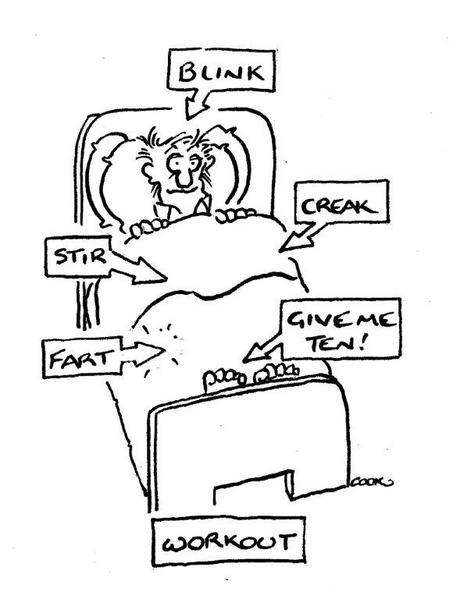

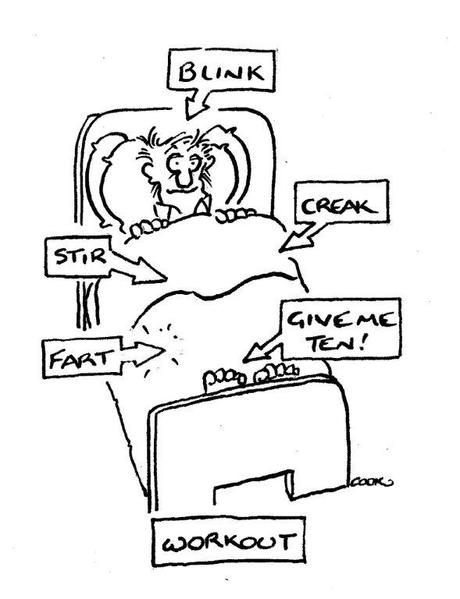 Addicts or Customers?
Addicts or Customers?

I begin my weekdays with a short exercise routine followed by a 20-minute meditation. Then its breakfast, a shower and into my office and online where I look at two news sites, check overnight markets, open my email inbox, AND, take a quick scroll through Facebook.
The last item is contentious. Much of Facebook’s content is odious. It feeds egos, disseminates fake views, betrays a variety of bigotries and provokes ideas I’d call unfathomable were they not so shallow. Yet, I do my morning scroll.
Like most disorders, social media and/or mobile phone addiction is a spectrum. At one end are occasional users; at the other are people who can’t leave it alone. Excessive use shares the characteristics of medically defined addictions: users feel anxious when deprived of access; attempts to curb usage persistently fail; constant use can jeopardise relationships and jobs; increased usage is required to achieve the same desired effect.
From a business perspective, it’s a little like drug dealing. People keep coming back for more.
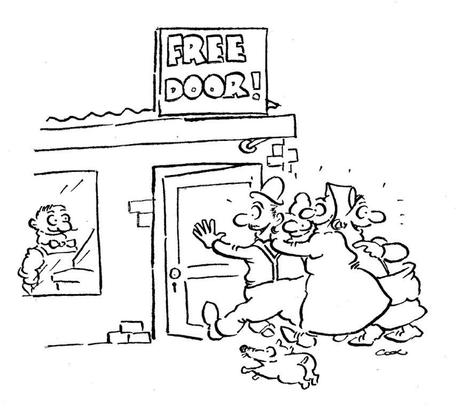 What is the flip side of these negatives?
What is the flip side of these negatives?

For a start, there are such things as healthy habits. Part of my morning routine is healthy. It’s become a habit because I’ve made it easy — it starts with leg stretches while I’m still in bed. Make something convenient and it’s got a stronger chance of getting traction. If you can sell your product or service online, the fewer clicks it takes to transact, the more sales you’ll make. Even from bed.
Another is the power of free. Unlike drug dealers, successful apps don’t charge their customers for access. Think Facebook, Instagram, Uber, Airbnb, Google, Twitter, eBay, Alibaba, Trip Advisor, Baidu. Most make money from advertising or related transactions. You don’t have to deal to get access.
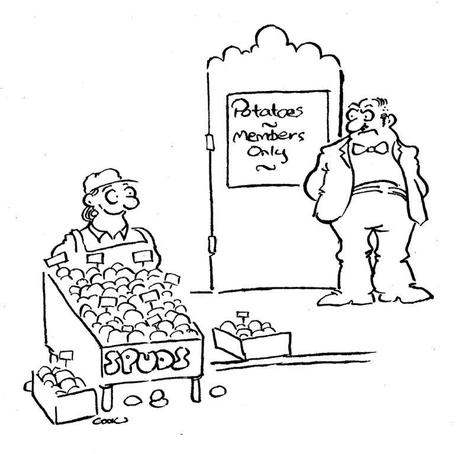
Making money out of those users seems less important than the value they represent, at least for now. Facebook bought Instagram for US$1 billion when it was making no money at all (it still doesn’t) and had fewer than 30 employees. If you are working on a startup you hope to sell for a lot of money, you need to make it easy for users to join. Being free is a big help.
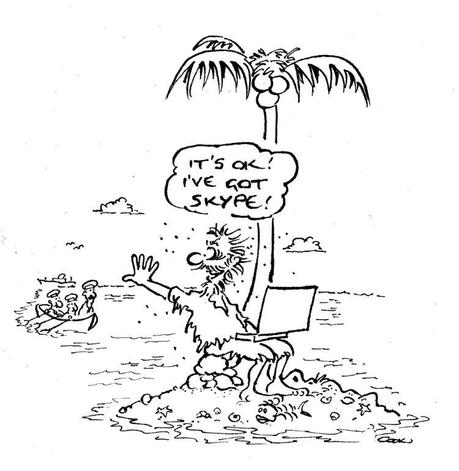
Can I justify my Facebook scroll? I’d argue I am actually interested in what some friends are up to, and I’ve got three daughters who post stupid things. I find them amusing. Mostly.
Occasionally though, I deal, and I click on some click bait. That’s when I make money for Facebook.

